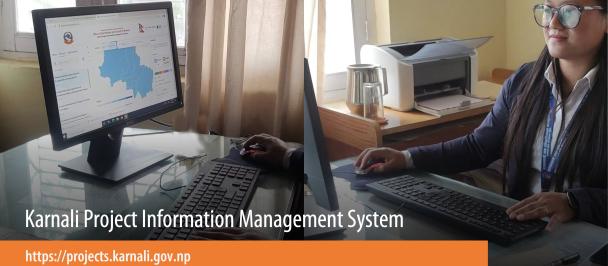[Closed] ENHANCING ACCESS TO JUSTICE THROUGH INSTITUTIONAL REFORM PROJECT (A2J)
ENHANCING ACCESS TO JUSTICE THROUGH INSTITUTIONAL REFORM PROJECT (A2J)
Status: | Active |
Duration: | July 2018 – June 2021 |
Geographic Coverage: | Siraha, Dhanusha, Mahottari, Rautahat, Salyan, Surkhet, Dailekh, Kalikot, Bajhang, Dadeldhura, Baitadi, Kailali |
Focus Area: | Rule of law, Legal Aid and Human Rights |
Collaborating Institutions: | Leading partner: Ministry of Law, Justice and Parliamentary Affairs (MoLJPA) Implementing partners: Nepal Bar Association (NBA), Office of Attorney General (OAG), Principle beneficiaries: Nepal Law Campus/ TU, Judicial Service Training Center, Law Book Management Board and 11 CSO Partners |
Donors: | Royal Norwegian Embassy |
Budget: | USD 4,600,000 |
Summary
A2J project, funded by Royal Norwegian Embassy focus on the reform of the legal aid system, supporting national efforts of reform and coordination in the justice sector and implementation of constitutional provisions on fundamental rights through legislative reform, implementation of the newly adopted criminal and civil legislations, and in particular on enhancing the access to justice at the local level.
The Project aims to reach out 50000 people through legal aid services and 120 Judicial Committees in 12 Districts of 3 provinces.
Background
The ‘Enhancing Access to Justice through Institutional Reform Project (the Project) builds on the achievements of previous project on Rule of Law (RoLHR). Royal Norwegian Embassy has provided funding to Government of Nepal, MoLJPA so that women and vulnerable groups are enabled to access justice. The Project supports the Ministry of Law, Justice and Parliamentary Affairs (MoLJPA) to lead reforms in the legal aid system in Nepal towards the implementation of the Integrated Legal Aid System which aims to coordinate and regulate accessible socio-legal aid service provision throughout Nepal.
The Project works to strengthen Judicial Committees (JC), established as an effective mechanism of justice delivery at the community level, be engaged in the reform of the criminal and civil justice system, provide professional opportunities to women and vulnerable categories of people through its scholarship and internship programs and explore opportunities to support effective delivery of justice for inclusive economic development.
What have we accomplished so far?
- Pro-bono guideline adopted by NBA General Assembly that is guidance for free legal aid service to economically vulnerable and marginalized people.
- 20 law students in B.A.LL.B program benefitted from fully funded law scholarship program under affirmative education.
- Six laws on fundamental rights reviewed and recommended for revision
- 61 young lawyers have been part of Legal Internship program that enhance capacity of lawyers ensuring participation of different marginalized groups in justice system.
- 133 judicial committee members from 12 districts trained on their roles and responsibilities
- Case digitization completed for 9045 cases for effective control and supervision of OAG.
- 6 National and province level dialogues conducted on inclusive economic development and Business & Human Rights.
- 61 actors trained on civil and criminal codes and Strengthened capacity of 148 legal practitioners on various justice issues including alternative dispute resolution.
Documents
Publications
Practitioner Guideline for the Operation of Judicial Committee
Contacts
UNDP focal point:
Mr. Tek Tamata
Portfolio Manager
Email.tek.tamata@undp.org
Project focal point:
Mr. Basant Adhikari
National Project Manager
Email: basant.adhikari@a2jnepal.org

 Locations
Locations
